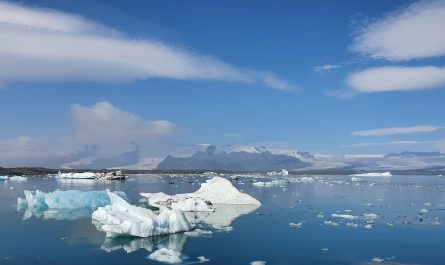On July 17, 1944, Iceland declared its independence from Denmark. Iceland was previously ruled by the Danish monarchy, however it became sovereign in 1918. The fact that both years coincide with the end of the first and second world wars is interesting. The circumstances were probably in the Icelanders’ favor.
Foreign relations have received a lot of attention ever since Iceland gained independence and became a sovereign nation. As a United Nations member, Iceland actively engages in many forms of cooperation within the organization. Despite the absence of a military, Iceland is a NATO member. Since Iceland is a signatory to the EEA agreement, beneficial trade and free movement of workers and with other EU countries is assured. Iceland is a part of the Nordic countries as well, and there is extensive interaction, collaboration, and trade between them.
Iceland is a member of the Schengen Agreement, which is meant to ensure the freedom of movement of people within the Schengen area. The Icelandic society has been tremendously impacted by this agreement, but we have also greatly profited from it because there has been a great need for foreign labor in recent decade.
Iceland has made many trade agreements with other countries such as the UK, USA, China and Japan to name just a few that have been very beneficial to Iceland.
The Ministry of Foreign Affairs reports that Iceland has missions in 21 countries. In more than 90 countries and territories, there are 200 Honorary Consuls.
However, we’ll let these key factors suffice. There are countless other topics that could be mentioned regarding connections with other countries. Considering that Iceland is a little nation with only 385 thousand residents, as we Icelanders like to say, we are doing fairly well in terms of international relations compared to the population size.


